Kriza politike kërcënon Francën - Cilët janë hapat e radhës që mund të ndjekë Presidenti Macron?
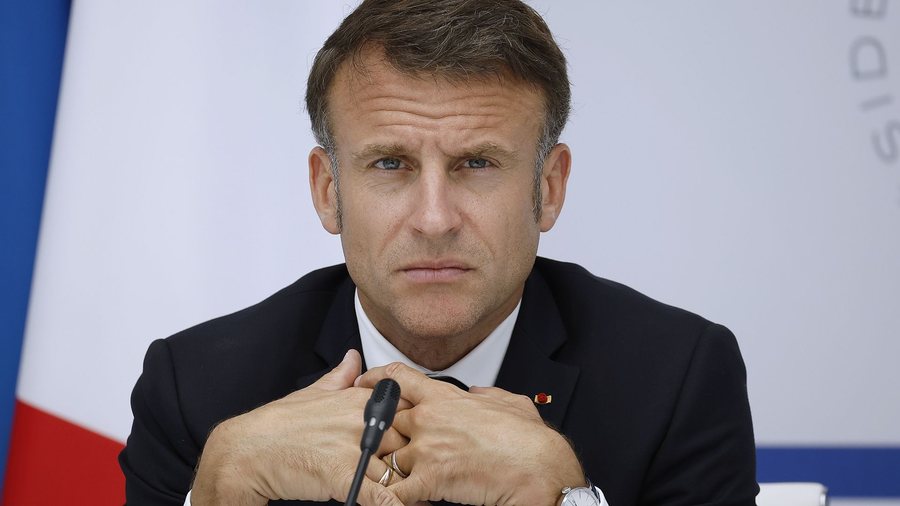
Franca u përfshi sërish nga trazirat politike, pasi qeveria e kryeministrit François Bayrou humbi votëbesimin vendimtar në parlament, duke detyruar presidentin Emmanuel Macron të kërkojë një zëvendësues të ri.
Me 364 vota kundër dhe vetëm 194 pro, deputetët refuzuan planet e Bayrou për të reduktuar borxhin publik përmes shkurtimeve të forta në buxhet. Kryeministri, që kishte më pak se një vit në detyrë, e kishte vendosur veten në një situatë të rrezikshme politike duke kërkuar një votëbesim, me shpresën se do të siguronte mbështetjen e ligjvënësve për reformat e tij ekonomike. Por, si e majta ashtu edhe e djathta ekstreme e shfrytëzuan momentin për ta rrëzuar, duke lënë Francën pa një shumicë parlamentare funksionale.
Zyra e presidentit Macron konfirmoi se ai do ta pranojë dorëheqjen e Bayrou dhe do të emërojë një kryeministër të ri "në ditët në vijim". Deri atëherë, Bayrou do të qëndrojë në detyrë në një rol kujdestar, duke u marrë vetëm me çështje rutinë, sipas kushtetutës franceze. Kjo është hera e tretë në dy vitet e fundit që Franca mbetet nën drejtimin e një qeverie kujdestare. Kujtojmë se në korrik 2024, ish-kryeministri Gabriel Attal dha dorëheqjen, ndërsa në dhjetor të po atij viti u rrëzua qeveria e Michel Barnier.
Tani Macron përballet me dy opsione të vështira: të emërojë një kryeministër të ri që mund të sigurojë një shumicë në parlamentin e përçarë, ose të shpërndajë Asamblenë Kombëtare dhe të thërrasë zgjedhje të parakohshme. Deri më tani, ai ka hezituar të ndjekë rrugën e zgjedhjeve të reja, por bllokimi i vazhdueshëm mund ta detyrojë të ndryshojë mendje.
Nëse Macron vendos të shpërndajë parlamentin, kushtetuta franceze kërkon që zgjedhjet të mbahen brenda 20 deri në 40 ditësh. Edhe pse presidenti nuk është i detyruar ligjërisht të emërojë një kryeministër nga partia fituese, tradita politike franceze e dikton një veprim të tillë.
Në rast se një parti arrin të fitojë shumicën e plotë të vendeve në Asamblenë Kombëtare, Macron do të detyrohet të emërojë liderin e saj si kryeministër. Një precedent historik është viti 1993, kur presidenti socialist François Mitterrand u detyrua të emërojë konservatorin Édouard Balladur si kryeministër pas një fitoreje të thellë të së djathtës në zgjedhjet legjislative. Nëse Macron do të injoronte një rezultat të tillë dhe do të emëronte një aleat të vetin, është pothuajse e sigurt se një votë mosbesimi do ta rrëzonte menjëherë atë qeveri.
Ndërkohë, kriza politike vjen në një moment kur Franca po përballet me sfida serioze ekonomike. Borxhi publik i vendit ka arritur në mbi 3.3 trilionë euro, ose 114% të Prodhimit të Brendshëm Bruto, i treti më i larti në eurozonë pas Greqisë dhe Italisë. Deficiti buxhetor ka prekur 5.8% të PBB-së në vitin 2023, gati dyfishi i kufirit prej 3% të vendosur nga Bashkimi Evropian, dhe pritet të jetë 5.4% për vitin 2025.

Grant për Energji të Pastër në Kosovë - Luksemburgu financon 1 mln euro. Nënshkruhet marrëveshja
Qeveria e Luksemburgut do të financojë 1 milionë euro grant për energjinë e pastër në Kosovë. Marrëveshja e nënshkruar një ditë më parë është pjesë e......

Çfarë ka ndodhur sot në tregun valutor?!
Dollari amerikan ka pasur një rritje të lehtë të kuotës këtë mëngjes por pa ndonjë ndryshim të ndjeshëm në raport me ditën e djeshme teksa është blerë sot me......
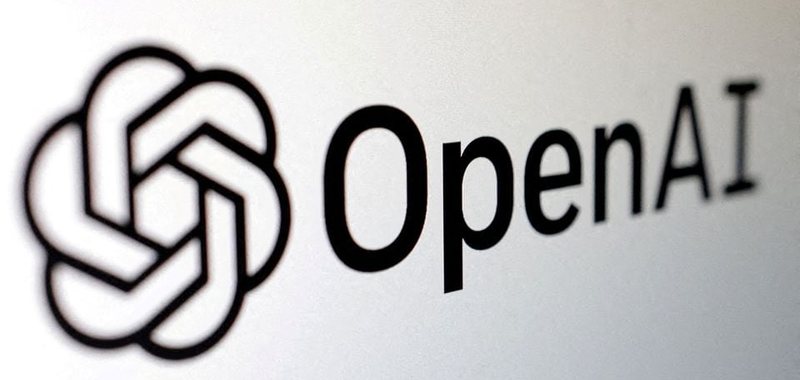
OpenAI, 115 miliardë USD shpenzime deri në 2029 - Rritja vjen për shkak të kostove më të larta për çipet, qendrat e të dhënave
OpenAI ka rritur ndjeshëm shpenzimet e parashikuara neto deri në vitin 2029, duke i çuar në 115 miliardë dollarë. Lëvizja vjen ndërsa startup-i po shton......

Franca, bonus për të nxitur industrinë e automjeteve - 1,000 euro për blerjen e makinave elektrike me bateri evropiane
Qeveria franceze njoftoi një bonus shtesë prej 1,000 eurosh për blerjen e një makine elektrike me bateri të prodhuar në Evropë. Ky vendim synon të mbështesë......
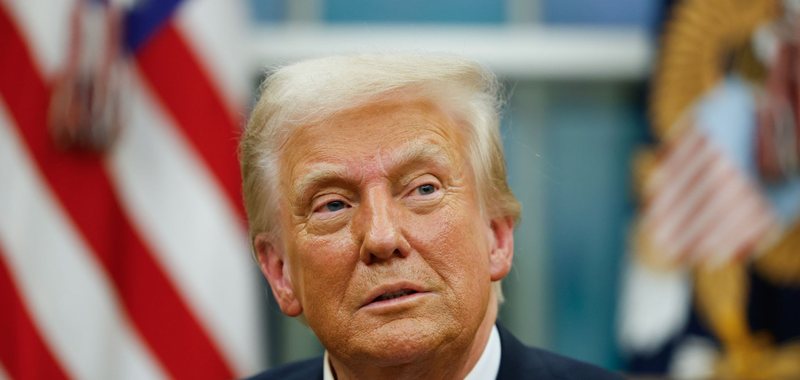
Tarifat e Trump-it në rrezik, SHBA-të mund të detyrohen të rimbursojnë miliarda
Politika e tarifave doganore e imponuar nga presidenti Donald Trump po sfidohet në gjykata nga disa kompani amerikane, përfshirë edhe një sipërmarrës italian......
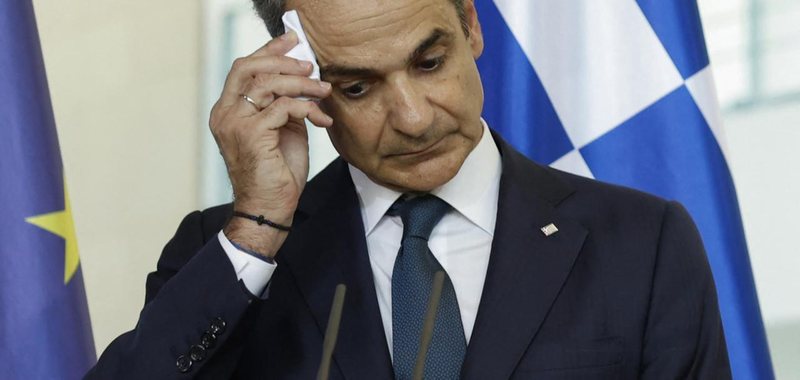
Plakja e popullsisë në Greqi, Mitsotakis njofton paketën mbështetëse 1,6 miliard euro
Qeveria e Greqisë ka njoftuar masa drastike përfshirë shkurtim të taksave dhe incentiva të tjera financiare për t’iu përgjigjur plakjes së popullsisë.......
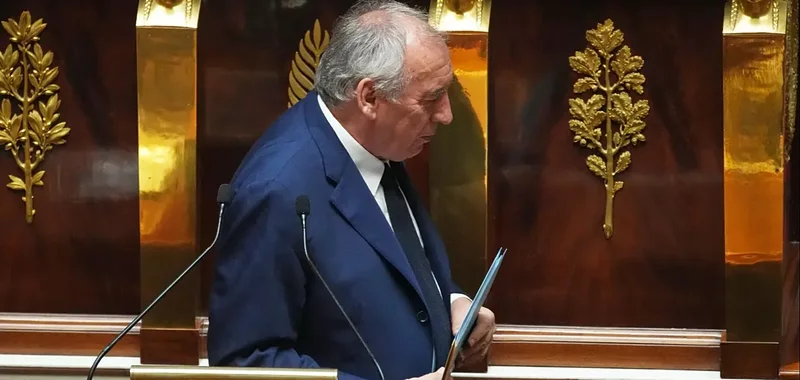
Bie qeveria në Francë, kryeministri Bayrou humbet votëbesimin në parlament, shkak buxheti
Kryeministri francez François Bayrou dhe qeveria e tij e pakicës u rrëzuan pas humbjes së votëbesimit në parlament këtë të hënë. Bayrou, i emëruar më pak se......

Lushnje, prezantohen administratorët e bashkisë, Balluku: Angazhimi në terren, fokusi kryesor
Në Lushnje është prezantuar ekipi i ri i administratorëve të bashkisë. Lajmin e bëri të ditur nëpërmjet një postimi në rrjetet sociale zëvendëskryeministrja......

















